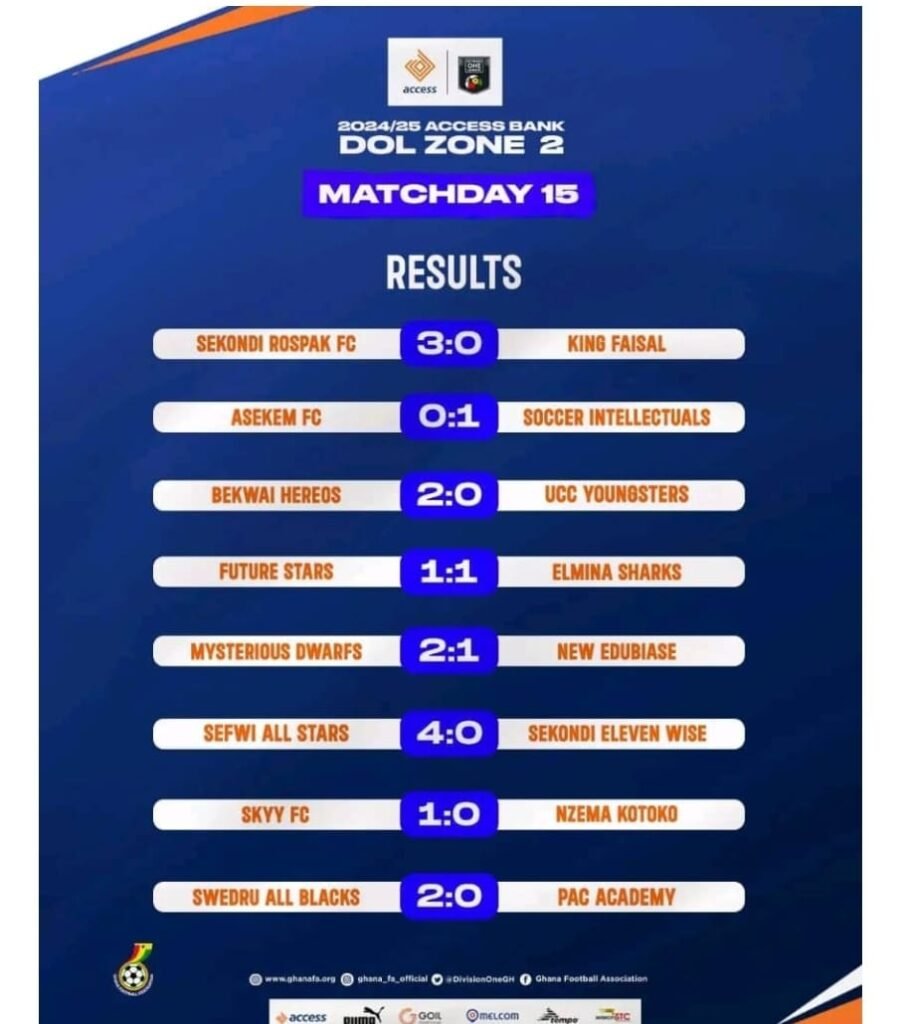Hot!
Zipline, GHS reduce maternal mortality in Ashanti Region by 56.4% – Study

A recent impact assessment study on aerial logistics to improve maternal health and emergencies has revealed a remarkable reduction in maternal mortality by 56.4% in Ghana’s Ashanti Region, thanks to the collaborative efforts of Zipline and the Ghana Health Service (GHS).
This was revealed at the National Ghana Health Service Research Conference organized by the Ghana Health Service in partnership with Zipline. The study, which focused on the impact of aerial logistics in healthcare, also noted a 19.9% increase in antenatal visits and a 25% rise in in-facility births, signaling a significant boost in maternal health outcomes.

The success according to the study is attributed to the on-demand availability of blood and essential medical supplies provided by Zipline’s innovative drone delivery system. This consistent access to critical resources has increased patient confidence in the healthcare system, encouraging more mothers to seek necessary care throughout their pregnancies.
Speaking on the highlight of the study, the Research Officer at Ashanti Regional Health Directorate stated, “the significant decrease in maternal mortality we’ve seen is a clear indication of the vital role that reliable access to medical supplies plays in healthcare. The ability to deliver blood and essential medicines exactly when they’re needed has transformed how mothers in the Ashanti Region perceive and engage with the healthcare system.”
“It’s an achievement that speaks to the importance of introducing technology in healthcare delivery. Mothers now feel more confident in seeking care, knowing that they will receive the support they need throughout their pregnancies,”he stated.
The study examined data from 191 health facilities, including hospitals, health centers, and Community-based Health and Planning Services (CHPS) Compounds. Among these, 99 facilities were served by Zipline’s aerial logistics, while 91 were not. The research employed adjusted rates for various key indicators, such as antenatal consultations, emergency visits, referrals, live births, hysterectomies, maternal deaths, and neonatal deaths, as the main dependent variables.
The qualitative aspect of the study aimed to describe and analyze the changes in satisfaction levels among healthcare providers and patients, perceived quality of care in maternal health and emergencies, and experiences related to the use of aerial logistics. In-depth interviews were conducted with 22 patients and 23 healthcare providers at the participating facilities.
Globally, maternal mortality remains a critical public health challenge, with stark disparities between high-income and low-to-middle-income countries (LMICs).
According to the World Health Organization (WHO), the majority of maternal deaths occur in LMICs, often due to preventable causes. In Ghana, particularly in the Ashanti Region, the problem is critical, reflecting the broader challenges faced across the African continent. Beyond this, socio-economic, geographic, and infrastructural factors intensify the risks associated with pregnancy and childbirth, highlighting the urgent need for innovative solutions to improve maternal health outcomes.
As maternal mortality continues to pose a challenge in low-to-middle-income countries, the success seen in Ghana’s Ashanti Region offers a promising model for other regions and nations striving to improve maternal health outcomes through innovative solutions.
Zipline is poised to continue leading the way in revolutionizing healthcare delivery, ensuring that every mother has access to the life-saving resources, no matter where she lives.
Hot!
Swedru All Blacks back to winning ways, Roshan humble King Faisal

Sekondi Rospak FC made it eight wins in eight successive home games after three second-half goals from John Amoah, Joseph Ntow and Stephen Anthony Kofi. John Amoah opened the scoring in the 55th minute after a barren first half. Joseph Ntow added to the tally in the 56th minute before Stephen Anthony Kofi rounded things up in the 74th minute to give Rospak a 3-0 win over former Premier League side King Faisal.
Elsewhere at Swedru – leaders Swedru All Blacks humbled PAC Academy in an emphatic 2-0 win. Zayat Bubakari scored first for Swedru All Blacks in the 27th minute before Rudolf Junior Nana Kwasi Mensah made it 2-0 in the 34th minute. Swedru All Blacks are top of the table with 36 points – 4 points ahead of second placed Rospak FC.
Meanwhile, Former Premier League side Cape Coast Mysterious Dwarfs recorded their fourth successive home victory after beaten New Edubiase United 2-1 at the Robert Mensah Park. Enoch Odoom struck first for Cape Coast Mysterious Dwarfs in the 19th minute but Steven Asante equalized for New Edubiase United before halftime. After the interval, Godfred Eshun scored from distance in the 65th minute to help Cape Coast Mysterious Dwarfs secure all the points.
Here are the results in Zone Two

Hot!
Cervical Cancer alert: Avoid sex at early age

The Programmes Manager of Non-Communicable Diseases (NCDs) of the Ghana Health Service (GHS), Dr Mary Efua Commeh, has advised young girls to avoid sex at an early age.
This, she explained, will give the cervix the opportunity to mature before they become sexually active.
“You need to delay what we call the first sexual intercourse as much as possible to give the cervix the opportunity to mature before the person becomes sexually active,” she said.
Dr Commeh stated this in an interview with The Spectator in Accra on Tuesday as a part of the Cervical Cancer awareness month.
According to her, cervical cancer was the second leading female cancer in Ghana with a total of about 3,072 cases annually, and out of that, 1,815 deaths are recorded, representing more than 50 per cent.
She indicated that “If young girls are going to be sexually active, then you need to talk to your parents about being vaccinated.”
She explained that vaccinating young girls against human papillomavirus (HPV) has been found to be a very effective way of preventing cervical cancer.
“There are countries that started HPV vaccination years ago and they are not seeing any cervical cancers now because they would have eliminated most of the high-risk HPVs in their women. So if the high-risk HPV is not there, then obviously the results on cervical cancers are going to go down,” she added.
Dr Commmey said the HPV vaccination is recommended for young girls aged nine to 14 years, adding that it had been found to be highly effective, not just for cervical cancers but for other HPV-related cancers, such as anal cancers, cancers of the vagina, genital warts, amongst others.
She further elaborated that the idea is to put up a barrier before the HPV comes in and that once a young female encounters it, she is already protected.
She also mentioned that for cervical cancers, the main cause is called HPV infection, saying generally, all sexually active women acquire HPV at some point in their lives.
However, the Programmes Manager of NCDs at the GHS mentioned that the body has a way of clearing the HPV, explaining that it is a natural mechanism that goes on, unfortunately, there are a few women whose HPV persists.
Moreover, she noted that the numbers for Cervical Cancer tend to be much higher because at times, clients would wait, and try all sorts of medications before they finally report to the health facility saying “we actually lose some women before they get to the hospitals with over 75 per cent of the cases coming in its third and fourth stages.”
Dr Commey, therefore, called for public awareness while ensuring the availability of information for prevention and control.
By Jemima Esinam Kuatsinu







